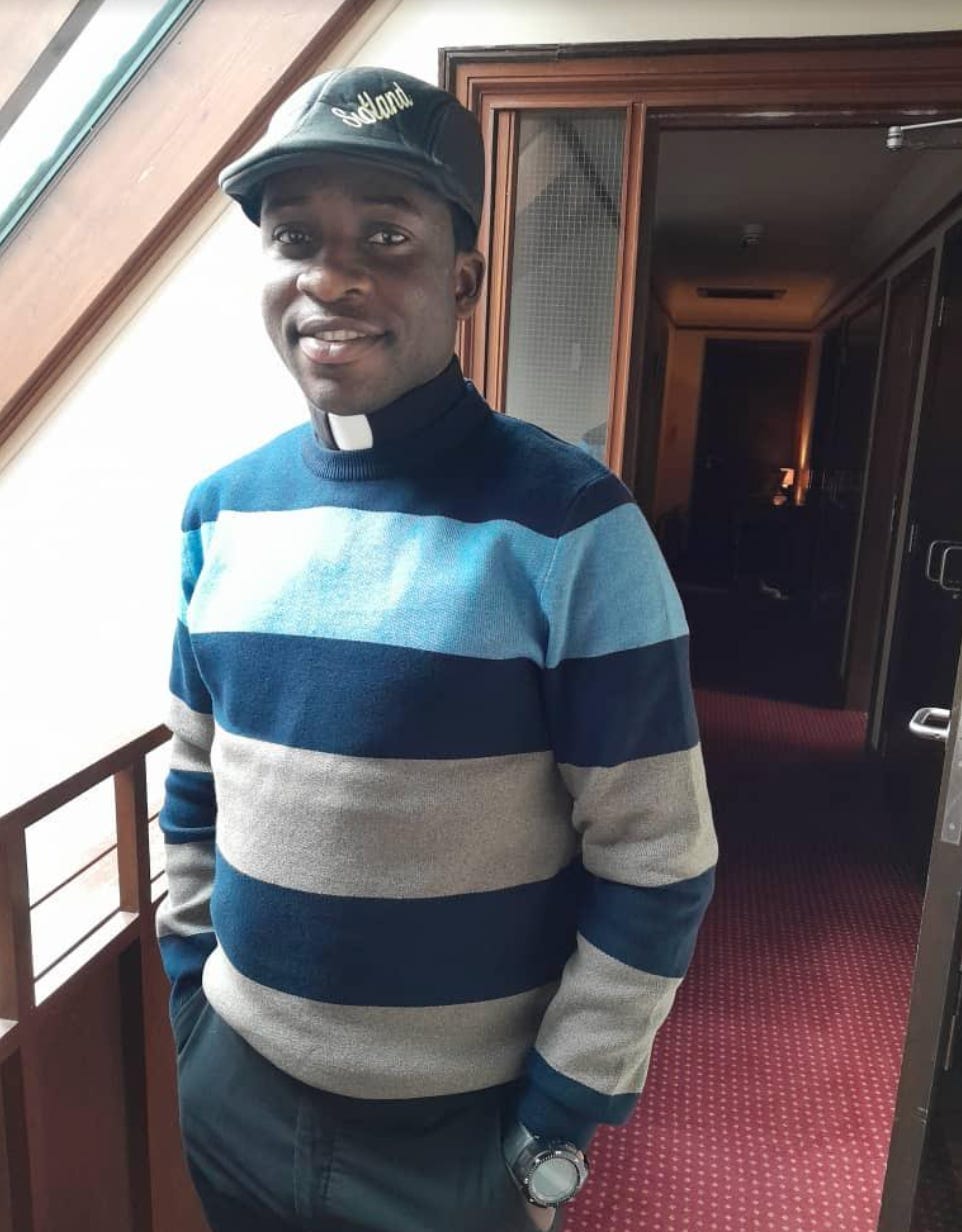‘Now he’s no more’ - Priest nephew of slain priest speaks out
Fr. Isaac Abba discusses his uncle Fr. Isaac Achi, who was killed by terrorists last year.
Fr. Isaac Abba is no stranger to tragedy.
On Jan. 15, 2023, the world took notice when his uncle, Fr. Isaac Achi, was killed by terrorists in his Nigerian parish rectory, with his body burnt beyond recognition.
But the headlines didn’t capture that two weeks before — on Dec. 29, 2022 — Fr. Isaac A…

